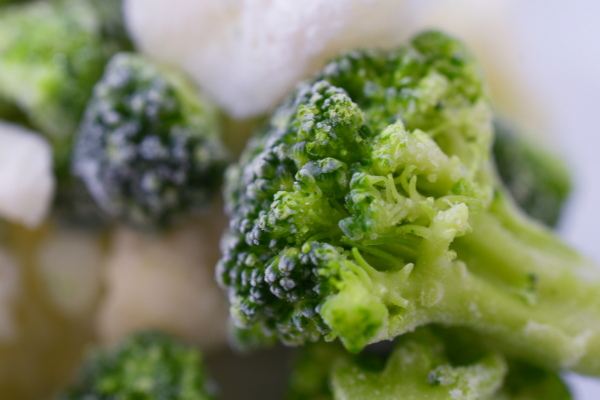China's Frozen Vegetable Exports Face Price Challenges
In recent years, the rising prices of frozen vegetables have undoubtedly reduced the competitiveness of many domestic frozen vegetable exporters in the international market. The industry as a whole is facing many challenges. Recently, the person in charge Miya accepted an interview with FRESHPLAZA about the export of frozen vegetables in China.

"Germany, the Netherlands, and Eastern European countries are our main overseas markets. Due to our fixed sales channels, our company's annual export volume has been stable at 2,000-3,000 tons in recent years. In general, the added value of domestic frozen vegetables is low, and they compete with similar products in other countries and can only win by price. "Currently, the challenge facing Chinese exporters of frozen vegetables and fruits is that the prices of their products are getting higher and higher," Miya said. Objective analysis shows that the price of raw materials does not fluctuate greatly, but the increase in environmental protection fees and labor costs has caused product prices to rise again and again.
At present, the price of domestic frozen vegetables has even surpassed Egypt, India, and other countries. In addition, Poland is also one of the main competitors in China's frozen vegetable industry. In recent years, the preferential policies (delivery before payment) offered by many Polish companies to local customers in Europe have attracted a large number of local customers. " "Overseas customers do not have a good impression of Chinese frozen vegetables. They think that the quality of domestic vegetables is not guaranteed and the processing technology is not perfect. But this outdated notion is not true. In recent years, Chinese companies have not only greatly improved the level of vegetable cultivation, but also invested heavily in processing machinery and other hardware. In terms of quality, domestic frozen vegetables actually have great advantages. "Miya said.
- We have practically run out of broadleaf herbicides for garlic cultivation
- Egypt: Record onion exports in the last six months
- Our fruit drying concept offers added value to growers and traders
- Larger US lemon crop this season
- Peruvian pineapple still has great potential to increase its exports
- Pagoda held a Newton apple tasting in Guangzhou
 Telephone :+86-15562397099
Telephone :+86-15562397099










